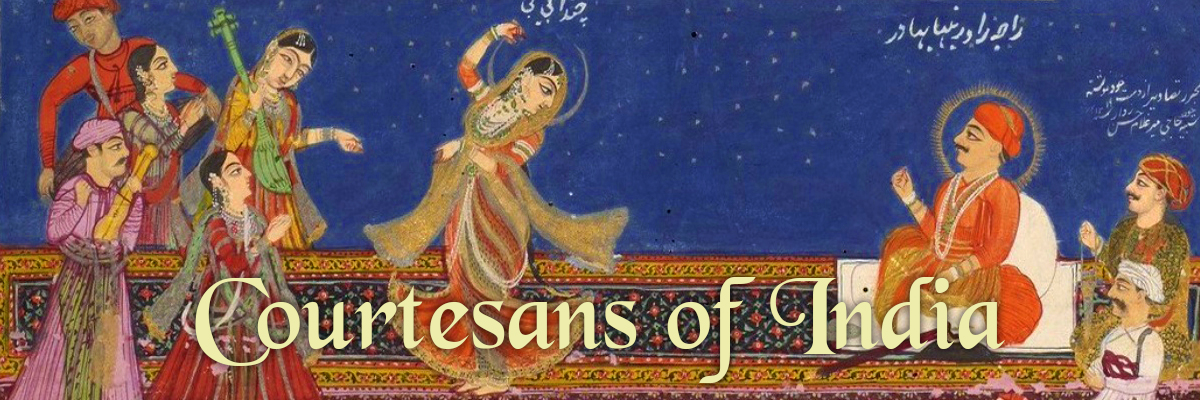The middle decades of the nineteenth century in Punjab were a time of the disintegrating Sikh empire and an emerging colonial one. Situating her study in this turbulent time, Anshu Malhotra delves into the tumultuous life of a hitherto unknown woman, Piro, and her little-known sect, the Gulabdasis. Piro’s forceful autobiographical narrative knits a fanciful tale of abduction and redemption, while also claiming agency over her life. Piro’s is the extraordinary voice of a low-caste Muslim and a former prostitute, who reinvents her life as an acolyte in a heterodox sect. Malhotra argues for the relevance of such a voice for our cultural anchoring and empowering politics. Piro’s remarkable poetry deploys bhakti imaginary in exceptional ways, demonstrating how it enriched the lives of women and low castes. Malhotra’s work is also a pioneering study of the afterlife of Piro and the Gulabdasis, highlighting the cultural scripts that inform the stories that we tell and the templates that renew the tales we fabricate.
This paper also includes translations of the poems discussed and as such has been indicated as both a primary and a secondary source.
